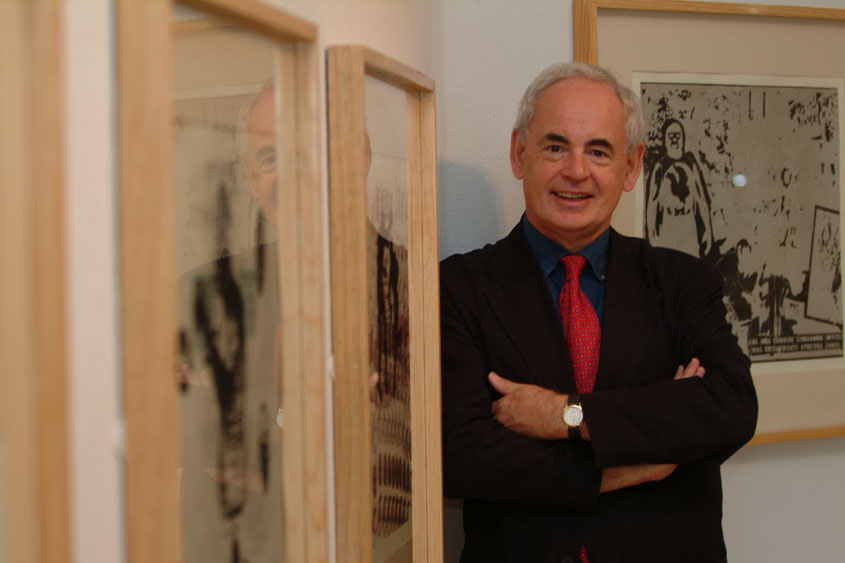27 January 2016
Why did the polls get it so wrong in 2015?

Professor Paul Whiteley.
People who lied about whether or not there were actually going to vote in the 2015 General Election were partly responsible for throwing the accuracy of the polls, according to a new study co-authored by Professor Paul Whiteley from our Department of Government.
This study adds to findings from the recently published report of the British Polling Council which suggested unrepresentative samples were the key factor in explaining why the polls got it so wrong in 2015.
Professor Whiteley said, “The problems associated with getting accurate measures of public opinion are not new, they’ve existed for many years. So why did the polls it so wrong in 2015, when they’d got it right in 2010 and in many previous elections?
“We have to consider that people who are taking part in pre-election surveys are becoming more likely to lie about whether they are actually going to vote. The more people that claim they are going to vote and then, in reality, don’t, the bigger the gap between reported voting intentions and what actually happens on election night.”
The study compared data from a survey in 2001 with one from 2010 which verified if people actually did vote, and this showed an increase in the number of people lying to pollsters over time. The study concludes that pollsters would be well-advised to pay more attention to developing accurate ‘likely voter’ models and filters in order to cull the liars and improve the accuracy of pre-election polls.
Professor Whiteley’s co-author is Professor Harold D. Clarke from the School of Economic, Political and Policy Sciences at the University of Texas.
Click here to read the full blog.
...more news releases